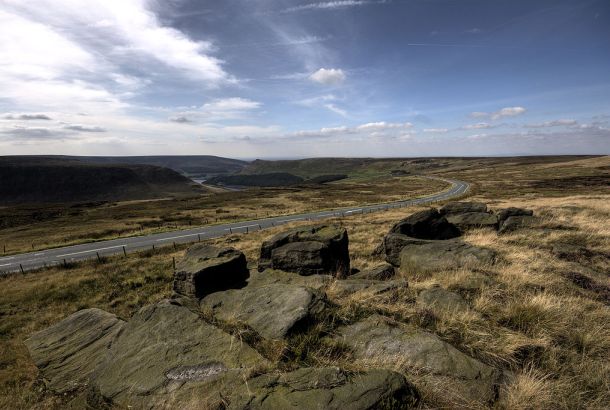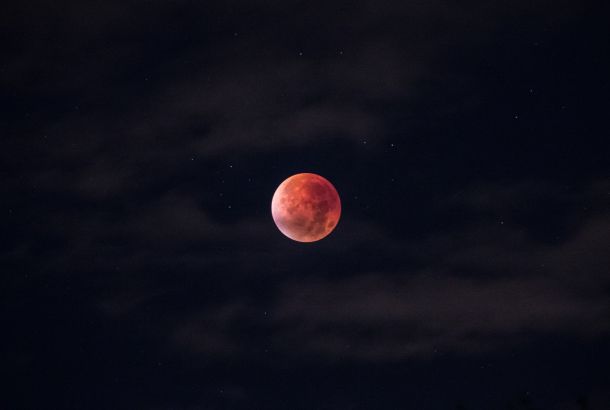Thomas Moore

Ode to Apollo I
Interviewer: Why does a pawn move?
Interviewee: I suppose ultimately because the player demands it so. The pawn plays out moves according to its players’ decisions, within the confines of chess rules.
Interviewer: So the pawn bears no free will?
Interviewee: None whatsoever, aside from its mechanics of movement. Its personal nature gives some dictation in how it can move, but in the end the pawn has no free will.
Interviewer: Do you think that’s tragic or beautiful?
Interviewee: I would say beautiful.
Interviewee: Why?
Interviewer: Even with an overwhelming force, the player who is unfathomable to the pawn gives it control in a much wider game; a game it also cannot fathom.
Blessed is Apollo
Ode to Mercury I
The road to nowhere seems long,
You and other shades trundle forward,
No sounds here no song,
Just nothing, we shades surely bored,
We wait to cross the river,
Ferrymen where do you be?
Life here there is no shine,
As we wait here for eternity,
Finally the sound of a paddle and oar,
The creek of an ancient ship,
Ferryman steps out of his cabin door,
And collects a few of us for the trip,
Eager I was to go on my way,
But horrified I realise I have no coins to pay:
Blessed is Mercury
Thomas Moore is a 3rd year Ancient History student at the University of Manchester. He has been writing poems for over 4 years now and has gradually found the tone and style that comes across in these pieces.
The illustrations are by Ellen Conlan Ellis, a 3rd year computer animation art and design student at Bournemouth University. As well as being interested in animated shorts, she also enjoys fine art, portraiture and illustration.
Thomas and Ellen have worked together before on various creative projects and have been close friends for roughly 6 years. In coming up with this series together they wanted to explore the various traits and aspects of certain Roman gods and explore them in a more humanistic way. With each piece they have tried to be as concise as possible whilst also trying to portray a series of loose narrative.







